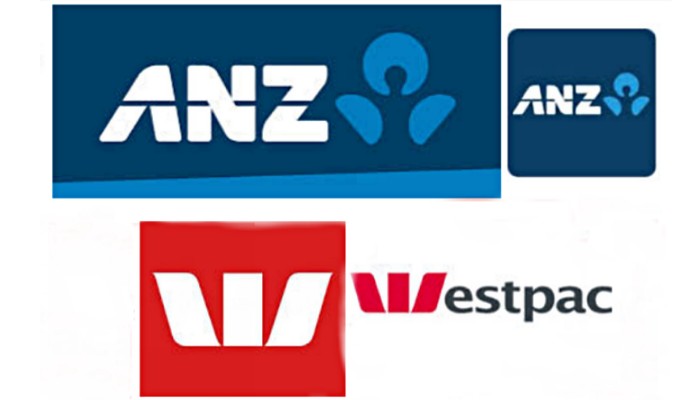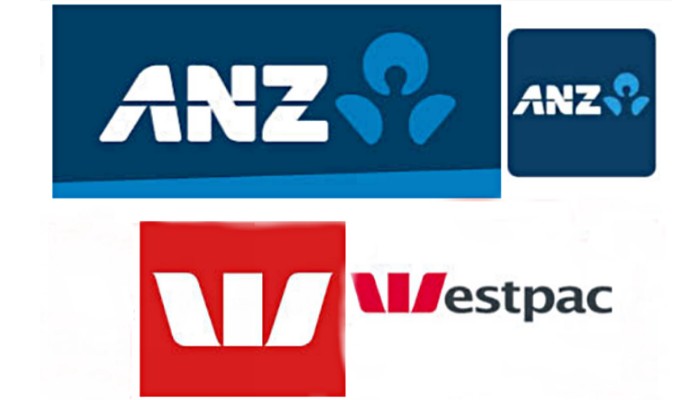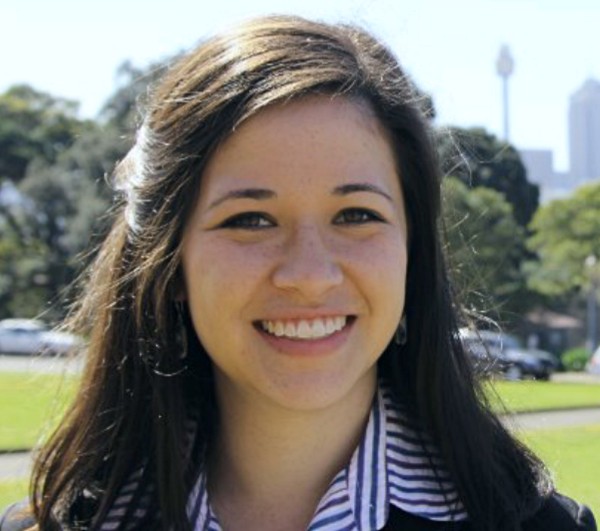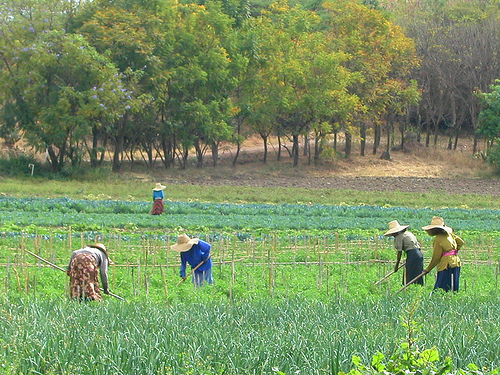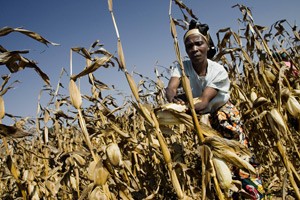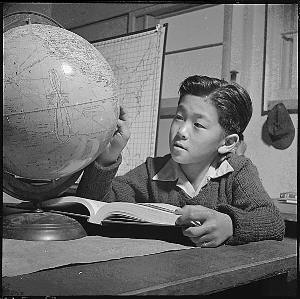By Madeline Greer, Guest Contributor
Australia’s Biggest Banks Could Help Achieve UN’s Development Agenda in the Pacific
Australia’s Department of Foreign Affairs and Trade has partnered with Westpac and ANZ to help deliver financial inclusion in Pacific communities. The bank’s partnerships are focused on helping communities better manage their funds, encourage entrepreneurship, and empower individuals to participate in formal banking systems.
These innovative partnerships could leverage Australia’s impact in implementing the UN’s Sustainable Development Goals (SDGs) — the world’s future UN-led global development agenda.
The SDGs — a series of 17 ambitious, broad targets that will measure progress and guide policy in the post-2015 development agenda — will be launched in September 2015 at the UN General Assembly in New York State.
The SDG’s will aim to ensure that future economic, social and environmental development is coordinated to best address global challenges. They will cover issues such as climate change, resource usage and poverty and will replace Millennium Development Goals, which were formulated fifteen years ago.
Current negotiations indicate that the SDG’s will not only apply to the developing world, but will provide targets for every country in the world. The SDGs are set to include targets addressing financial exclusion, which occurs when individuals lack access to appropriate and affordable financial services. And this means Australia and its Pacific neighbours should aim to achieve financial inclusion to meet global UN targets.
The targets will not only engage governments but also business, in the hope to stimulate collaboration between business, government and the UN to create innovative solution to global problems.
Australians are not immune to financial exclusion. The Centre for Social Impact reports that approximately 17% of Australians – over 3 million people — have experienced some form of financial exclusion. The majority of those who are financially excluded cannot access credit and insurance – meaning their cash flow and income security is highly unstable.
However these statistics pale in comparison to our Pacific neighbours. The UN Capital Development Fund estimates that fewer than 90% of the population in some Pacific countries have access to basic financial services. This imposes huge financial and social penalties onto Pacific Island nations – and ultimately stifles the region’s development.
But not all is doom and gloom in the Pacific. A recent survey demonstrated that mobile penetration rates – defined as the portion of the population with access to a cellular mobile phone – are rising, and there is increased network coverage in Timor Leste. These may pave the way for programs emphasising digital finance and mobile money technology, which have already shown to be powerful tools to break down geographical and logistic barriers. Some UN bodies, like UN Women, are also doing great work with communities on the ground on this front.
In a world where governments are broke and companies are increasingly rich, private financial institutions will have a role to play in ensuring they support and do not undermine the UN’s Financial Inclusion targets. Multi-stakeholder partnerships between government and business and non-profits are vital.
The DFAT partnerships signify that the Australian government and private sector see value in collaboration, integrating, and implementing the SDG framework and lift prosperity in the Pacific. We wait to see the next steps from here.
Madeline Greer, 22, is a Global Voices Delegate to the UN ECOSOC High Level Political Forum on Sustainable Development in July this year. Currently holds an academic scholarship at the University of Sydney, Madeline is studying Bachelor of Commerce and Bachelor of Arts. Madeline has had extensive professional experience in corporate sustainability principles, such as the UN Global Compact, at Westpac and Stockland, among other places. Madeline has digital media, fundraising and strategic communications knowledge, which she has developed through extracurricular work with national student organisations and an internship at UN Women Australia. Madeline’s research focuses on sustainable development finance and the role Australia’s biggest banks could play in helping to achieve the United Nation’s development agenda in the Pacific.

